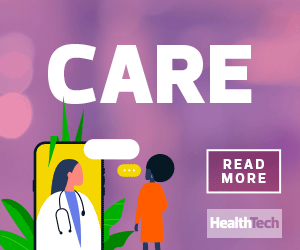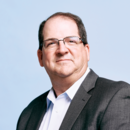MORE FROM HEALTHTECH: Explore our coverage from the CHIME19 Fall CIO Forum.
HEALTHTECH: What will an all-virtual CHIME conference look like?
BRANZELL: Having a digital conference is no different than one of our great leaders trying to run a tough IT organization right now from home. It really does have a lot of parallels.
Still, for almost 30 years, we’ve come together in person. The family part of this is one of the things that is special about CHIME. So many people are dear friends and have been through the journeys of life together. Admittedly, that will be hard to re-create.
Our team is putting an amazing program together. Think of the setup like cable TV: People are going to be able to pick what they want and how they want to be able to see and experience it. There will be multiple channels going on at the same time.
HEALTHTECH: What will sessions cover? Who do you want to reach?
BRANZELL: The itinerary will be very much driven by the learnings of the last six months. However, I think there’s just as much content on transformational leadership and applying these skills to drive performance and change within an organization — and keeping everyone motivated through that process.
This high-quality digital experience isn’t just for our traditional membership, which is obviously the executives of these organizations along with our foundation partners. We’re now encouraging people to bring their teams along for the journey.












